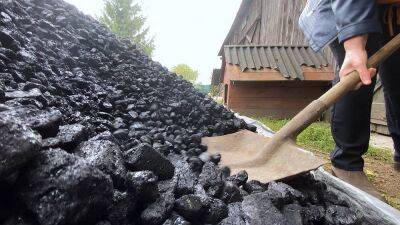How a waste treatment plant in Poland is working to reduce methane emissions
Methane is a powerful greenhouse gas, 84 times more potent than carbon dioxide over a 20-year period. so cutting methane is part of the solution to slow global warming.
And landfill rubbish sites are an important source of the gas. Yet many fail to manage the issue.
"Generally, most landfill sites really don't care how the organic element is stored," says Jaroslaw Necki, Associate Professor Of Atmospheric Physics, at AGH Kraków University Of Science And Technology. "So it's a serious problem and it needs to be addressed".
So how can rubbish dumps reduce their methane emissions?
At Balin municipal waste disposal plant in southern Poland, they're showing how it's done. A landfill site near Kraków collects hundreds of tonnes of household waste every day; waste which will produce methane if it's just left to decompose.
So, after sorting, it's composted in the presence of a good flow of oxygen - a first step to stem the emission of methane.
"This composting process doesn't produce methane because it's an aerobic process," explains manager Adam Krolikowski, from the company ENERIS. "So here the composting bioreactor has pipes in the floor that aerate the material for us. This speeds up the composting process."
The waste is eventually compacted and covered in earth. It continues to produce methane, so the operators extract the gas and use it for power.
"We have a system for active gas extraction and the methane is actually extracted out of the landfill under pressure," says Krolikowski. "There's a negative pressure or vacuum in these pipes that brings the biogas into a bioelectric plant where electricity is produced."
Methane is lighter than air, and it continues to escape, despite the vacuum pumps. So a second level of prevention is







